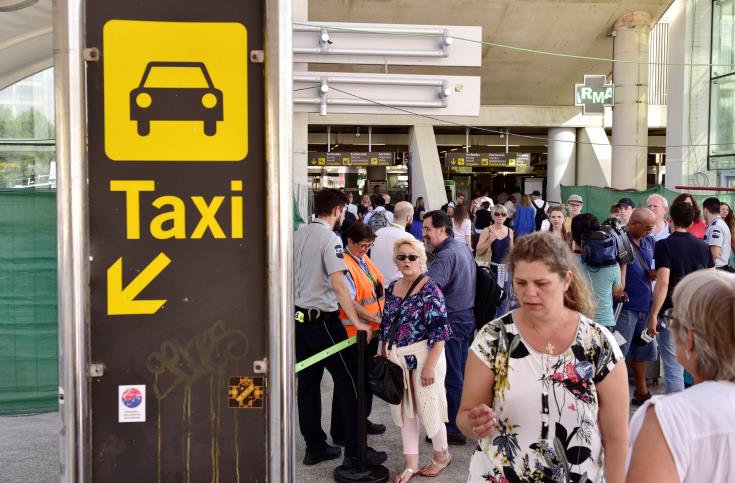The tourism sector and related businesses in the European Union have been hit hard by the pandemic in the last two years, but it continues to be a major player in the Member States' labor markets, according to data released by Eurostat. the EU statistical office, presenting the situation in this area in 2020.
According to the data, the tourism sector tends to employ more foreign and new employees, however the percentages in these categories decreased in 2020 compared to 2019.
In the tourism sector, Eurostat includes accommodation companies, airlines, tour operators and travel agencies.
The tourism sector employs more women than men as 58% of employees in 2020 were women. However, in the general economy, women workers are fewer than men, as in 2020 46% of workers were women.
In 2020, the tourism sector employed a slightly higher percentage of low-educated workers (18% compared to 17% in the wider economy), foreign workers (13% compared to 8%) and young people (9% compared to 7%). .
In the period before the pandemic, and especially in 2019, the percentages of foreign and new workers in tourism were even higher than those for the general economy (15% and 11% respectively compared to 8% for both sectors ).
The decrease in these rates in 2020 compared to 2020 is probably due to the restrictions on the movement of potential new foreign workers and the fact that the transition from education to the labor market was more difficult in a period of reduced tourism activity.
The tourism sector is also characterized by relatively high rates of part-time work (23% compared to 19% in the wider economy), temporary contracts (18% compared to 14%) and an average lower seniority rate (29% of employees remain in the same position less than 2 years, compared to 23%).
Eurostat released the data on the occasion of the EU Industry Days, which takes place in Brussels online between 8 and 11 February.
